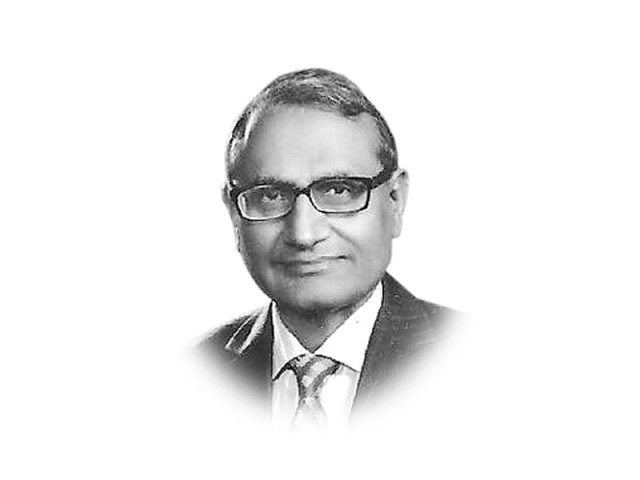Bureaucracy for change
With most subjects, bulk of resources devolved to provinces, concept of centralised services has become meaningless.

pervez.tahir@tribune.com.pk

Let us face it. The economic and social problems facing the country are too complex for a bureaucracy that has found it increasingly hard to carry out its original mandate — to preserve order and collect revenue. Without a well laid out plan for civil service reform, I have no doubt in my mind that the government installed after May 11 will quickly start hiding behind the familiar refrain that the bureaucracy is creating hurdles in its way. To give a fair chance to implement its manifesto, something like the American spoil system may be in order. A party winning the elections should be formally allowed to appoint people of its choice to top positions. Of course, the bunch leaves when the government falls or completes the tenure, rather than adding to the already bloated bureaucracy.
In this context, the profound implications of the Eighteenth Amendment to the Constitution have not been understood. With most subjects and the bulk of resources devolved to the provinces, the concept of centralised services has become meaningless. Indeed, judging by the manifestos, the local governments are likely to be revived. For effective delivery of services, each level of government should recruit its own bureaucracy according to its needs. It makes sense for the federal government to recruit officers for the foreign service, but recruitment for the police service and providing officers to the provinces require special pleading. Similarly, the provinces have no business recruiting and appointing teachers and doctors for the districts. Finally, at the concurrent level of governance, the Planning Commission needs to become the secretariat of the Council of Common Interest as well as the National Economic Council, with powers to recruit professional staff directly, but in proportion to provincial quotas.
Published in The Express Tribune, May 3rd, 2013.













COMMENTS
Comments are moderated and generally will be posted if they are on-topic and not abusive.
For more information, please see our Comments FAQ